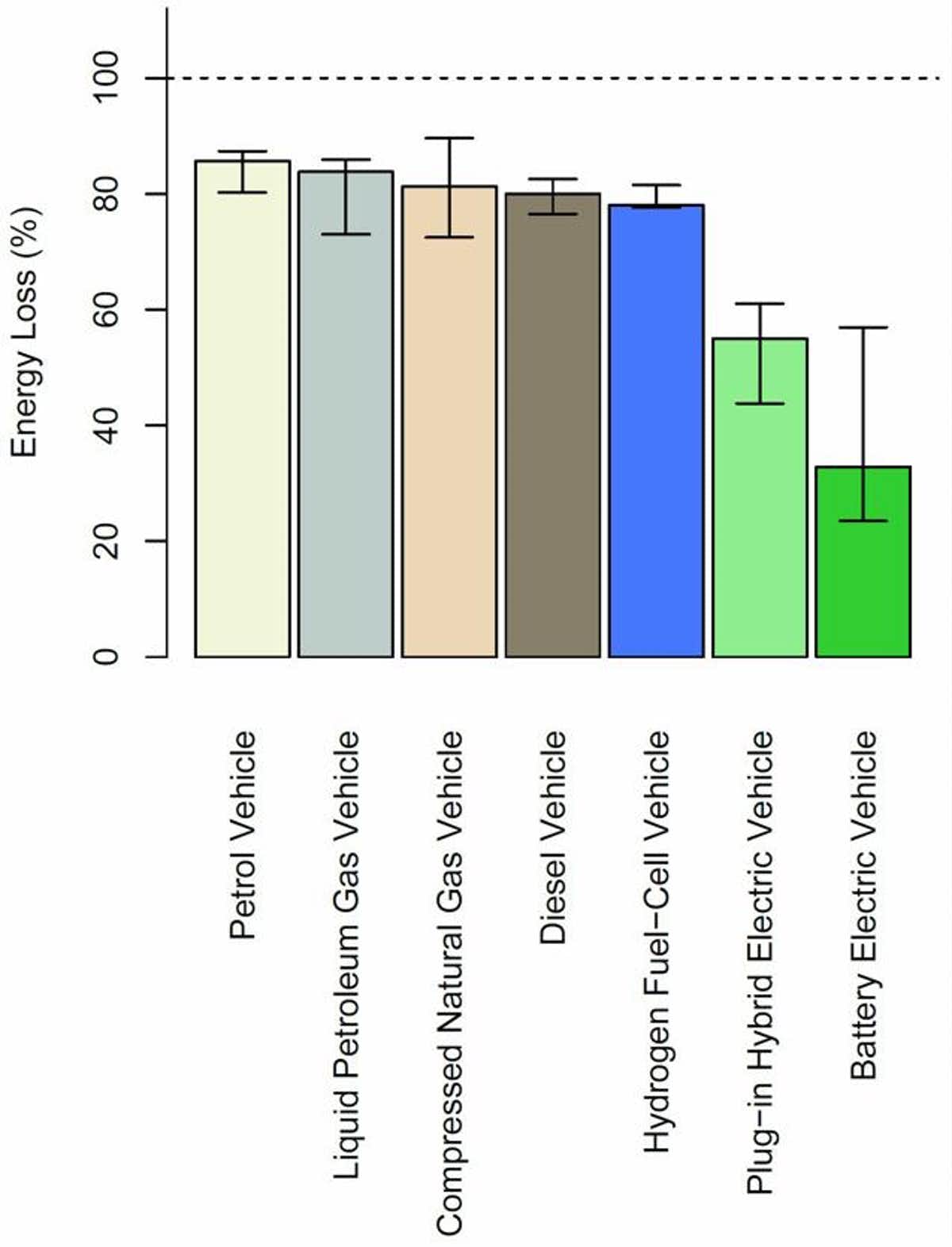As Elon Musk was interviewed on 60 Minutes last night, it was disappointing to see how little prep work the show producers had done on Tesla, its mission and founder.
Musk does not pretend to be perfect or ideal. He has made mistakes and will make more, no doubt. He has also attempted more and accomplished more, to date, than most people have ever even imagined.
At a great personal expenditure of his time and life-force, Musk’s electric vehicle vision and auto company single-handled embarrassed a stubbornly backward-looking auto industry into the future of sustainable transportation. This included giving away Tesla patents to help competitors catch up to his lead. Now as each company is finally racing to roll out their EV offerings, no matter what else happens, Musk has secured a place in human history as a key catalyst for needed evolution.
At the same time, a recent paper published in the Air Quality and Climate Change Journal examines the energy efficiency  of electric and hydrogen vehicles and finds that battery electric vehicles have significantly lower energy losses compared with other vehicle technologies and that the well-to-wheel losses of hydrogen cell vehicles were almost as high as fossil fuel vehicles as shown in their chart on the left. See Why battery-powered vehicles stack up better than hydrogen:
of electric and hydrogen vehicles and finds that battery electric vehicles have significantly lower energy losses compared with other vehicle technologies and that the well-to-wheel losses of hydrogen cell vehicles were almost as high as fossil fuel vehicles as shown in their chart on the left. See Why battery-powered vehicles stack up better than hydrogen:
“Low energy efficiency is already a major problem for petrol and diesel vehicles. Typically, only 20% of the overall energy is actually used to power these vehicles. The other 80% is lost through oil extraction, refinement, transport, evaporation, and engine heat. This low energy efficiency is the primary reason why fossil fuel vehicles are emissions-intensive and relatively expensive to run.”

